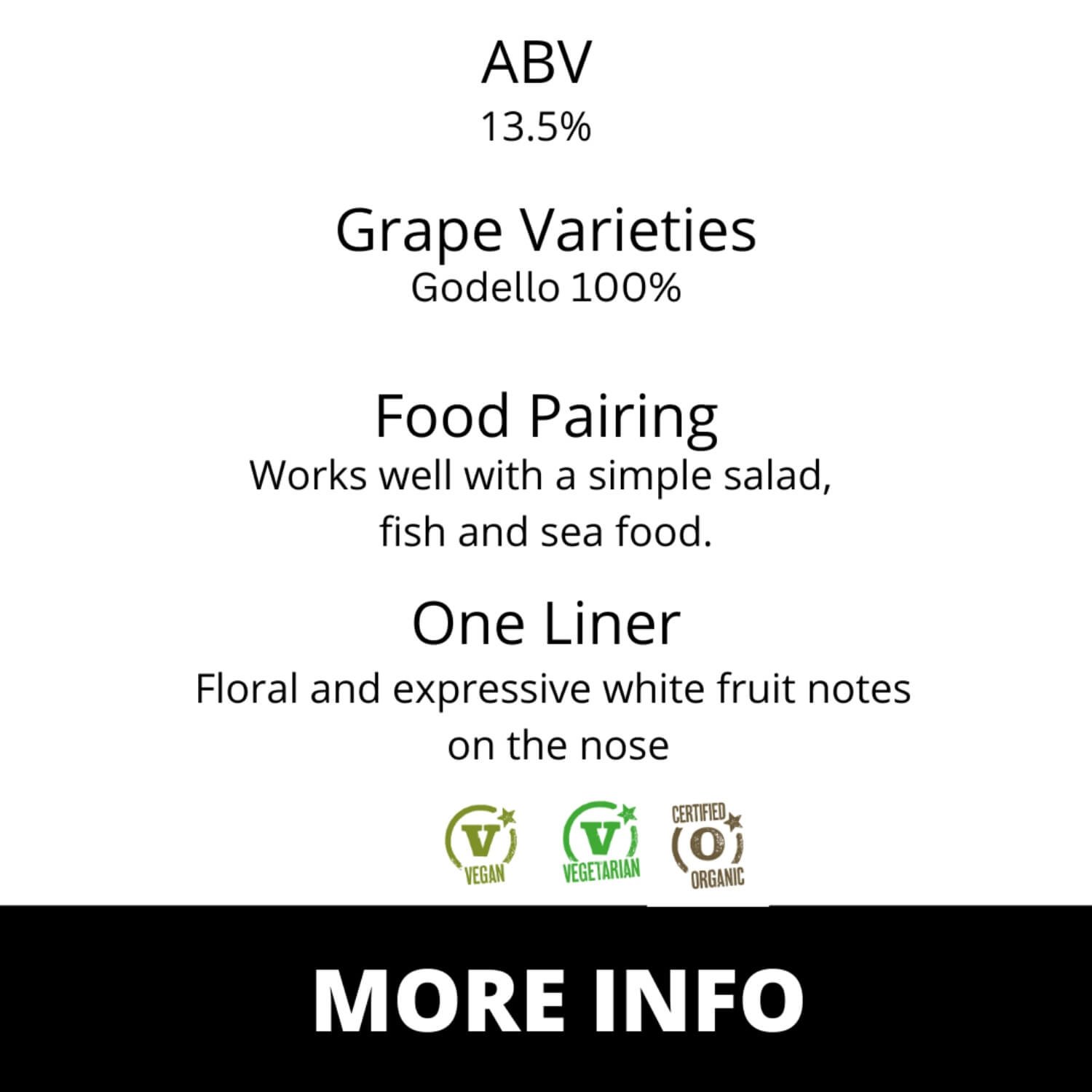Producer Profile
In 1970 Luis Cañas changed two hundred years of tradition and became the first winemaker in Rioja Alavesa to bottle his young wine rather than sell it as bulk.
This bold move, and his continued pioneering spirit, has cemented the winery's enviable reputation as one of the most progressive in the region. Sheltered below the watchful Sierra Cantabria, the vineyards are all old, small plots on chalky-clay soils with a dedicated team of vineyard workers carrying out organic practices and a purpose built, fully equipped accommodation block was built for the entire vineyard team in 2006.
Viticulture
Juan Luis Cañas is now the powerhouse behind this highly accomplished winery, but everywhere you go there is a feeling of family, and especially of the lasting legacy that Luis Cañas has left for both his son and the Rioja Alavesa since his passing in December 2019. With 350 hectares of outstanding vineyards, split across 870 different plots, the viticultural department control every aspect. Each of the plots has its own personality and is categorised and used for different wines according to its characteristics.
Winemaking
Upon reception at the winemaking cellar, the grapes are cold macerated at 6ºC for 12 hours in order to obtain all the aromatic potential of the varietal. After pressing and "débourbage", the wine is fermented under strict temperature control in order to avoid exceeding 15ºC and the wine losing its aromas.












